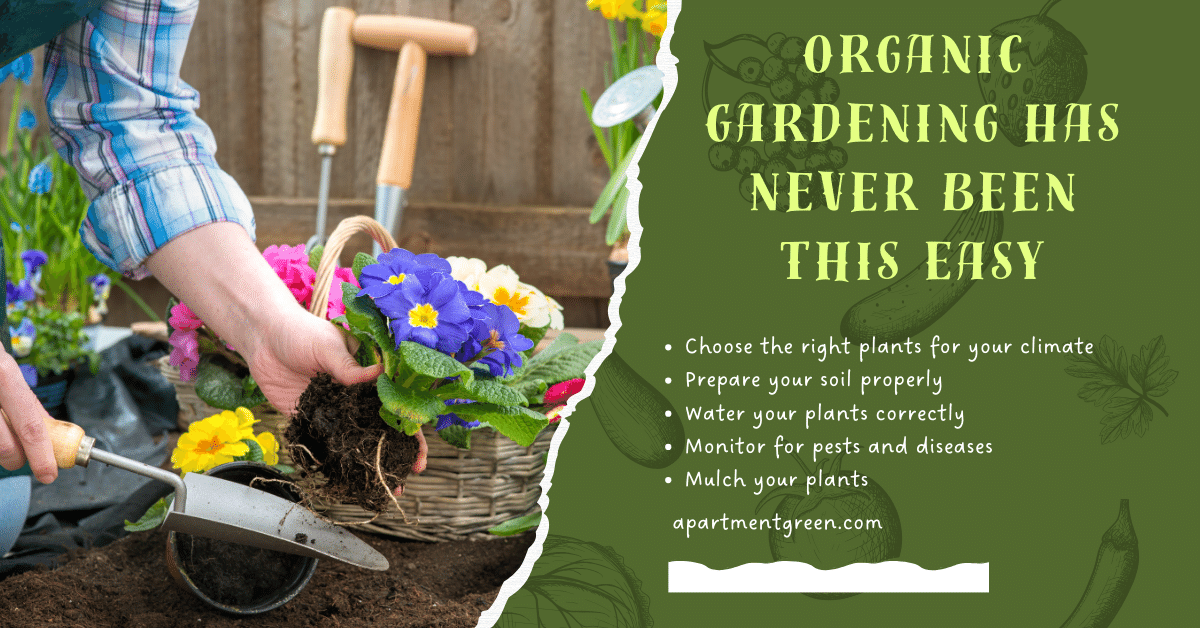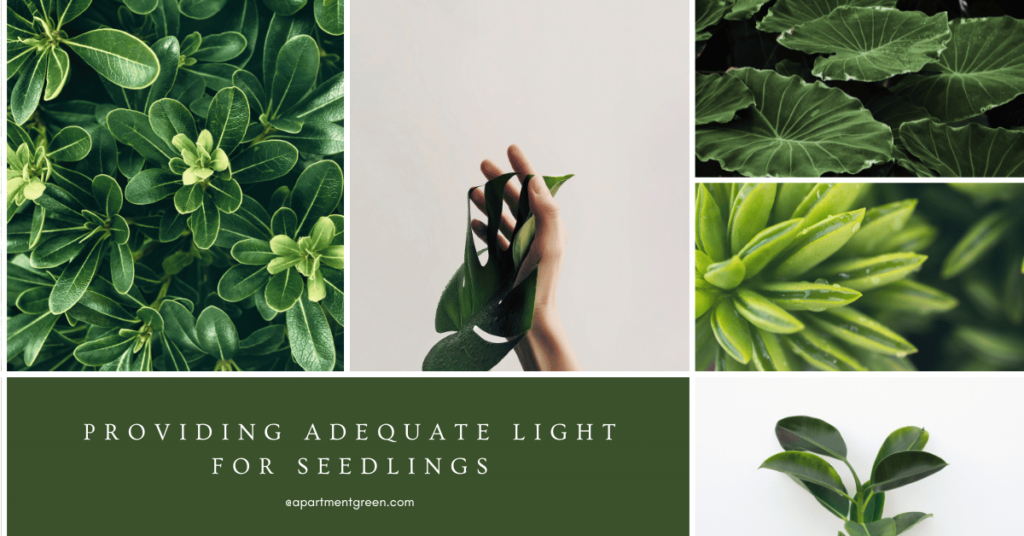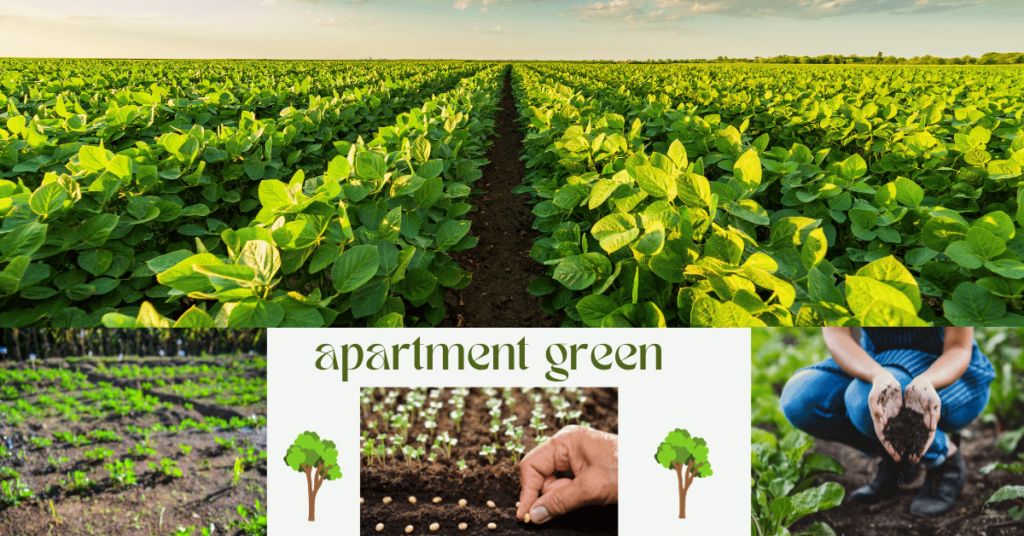Flowering plants, aka angiosperms, are pretty unique compared to other plant groups. One of their standout features is their vascular tissue, which helps them move water, nutrients, and sugars around the plant super efficiently. Unlike gymnosperms, angiosperms have flowers and fruits as their reproductive structures. You’ve probably heard of some angiosperms before, like roses, sunflowers, and orchids. These plants are super important for ecosystems because they provide food, shelter, and homes for tons of different organisms. Plus, they help make oxygen and keep the balance of carbon dioxide in check in our atmosphere.

Starting Your Organic Garden
Have you ever wanted to convert your garden into an organic haven but didn’t know where to begin? It’s not as complex as it sounds, and it’s been done for centuries before the arrival of chemicals. In this article, we’ll provide you with valuable advice on how to kickstart your journey into organic gardening.
Engaging Kids with Organic Gardening
If you have an organic garden and children, consider planting some everbearing strawberries. Kids love picking fruit straight from the garden, and this simple activity can make them more enthusiastic about helping you in the garden. Learn how to engage children in your organic gardening endeavors.
Companion Planting for Pest Control
One effective technique in organic gardening is companion planting. By pairing certain plants in your vegetable garden, such as cabbage with tomatoes, you can naturally reduce the problems caused by pests. Discover how companion planting can improve your garden’s health and yield.
Providing Adequate Light for Seedlings

As soon as your seeds start sprouting, ensuring they have enough light is crucial. Learn how to properly care for your young seedlings, whether by moving them to a sunny window or using fluorescent lights to provide up to sixteen hours of light daily.
Transitioning Seedlings to Garden
Once your seeds have sprouted, it’s time to transition them to your garden. Understand when and how to remove protective coverings and provide the right conditions for your plants to thrive.
Efficient Mulch Spreading Techniques
Mulching is a key practice in organic gardening. Discover the right tools and techniques for efficient mulch spreading, ensuring your garden benefits from this essential practice.
Harnessing the Power of Earthworms
Earthworms are your garden’s best friends. Learn how these creatures can improve your soil’s health, aeration, water retention, and overall fertility. Understand their vital role in organic gardening.
Proper Mulch Application
Master the art of mulch application. Ensure even and effective mulch coverage throughout your garden, maximizing its benefits.
Using Compost for Nutrient-Rich Soil
Discover the importance of using compost in your organic garden. Learn how to create and utilize a compost pile to enrich your soil with essential nutrients.
Preventing Crop Spoilage
Crop spoilage can be a common issue. Find out how to prevent it by storing your harvested produce properly, avoiding humidity-related problems that lead to spoilage.
Organic Fertilization with Compost
Fertilize your garden organically by utilizing compost. Explore various organic materials you can add to your compost pile to create nutrient-rich soil.
Adapting Watering Practices
Adapt your watering practices to the changing seasons and climate. Learn how to water your plants effectively based on factors like water quality, soil type, and time of day.
Monitoring for Pests
While organic vegetables are free from fungicides, pests and bugs can still be a challenge. Discover natural ways to monitor and deal with common garden pests, ensuring a healthy garden.
Natural Anti-Fungal Treatment
Combat fungal issues in your garden with a natural baking soda and water spray. Learn how this mixture serves as an effective anti-fungal treatment, reducing the need for harmful fungicides.
Crop Rotation for Disease Prevention
Prevent diseases and fungi by practicing crop rotation. Understand how changing the location of your plants each season can help maintain a healthy garden.
Keeping Cats Away from Your Garden

Keep feline intruders out of your garden with natural deterrents like black pepper and orange peels. Explore creative ways to protect your garden from cats and potential health risks like toxoplasmosis.
While caring for your organic garden involves many big, day-long tasks, it also calls for smaller jobs that need to be performed more frequently. Keep a good handle on the minor needs of your garden so that you can make good use of brief periods of free time. When you have a few minutes to spare, why not use them weeding, pruning or performing other garden maintenance tasks?
Organic gardening is the healthiest way you can grow a garden. Imagine not having to worry about your children being harmed by chemicals and pesticides. Try some of the ideas suggested in this article. Experiment, and have fun trying new ways. You will be surprised at how easy organic gardening can be.